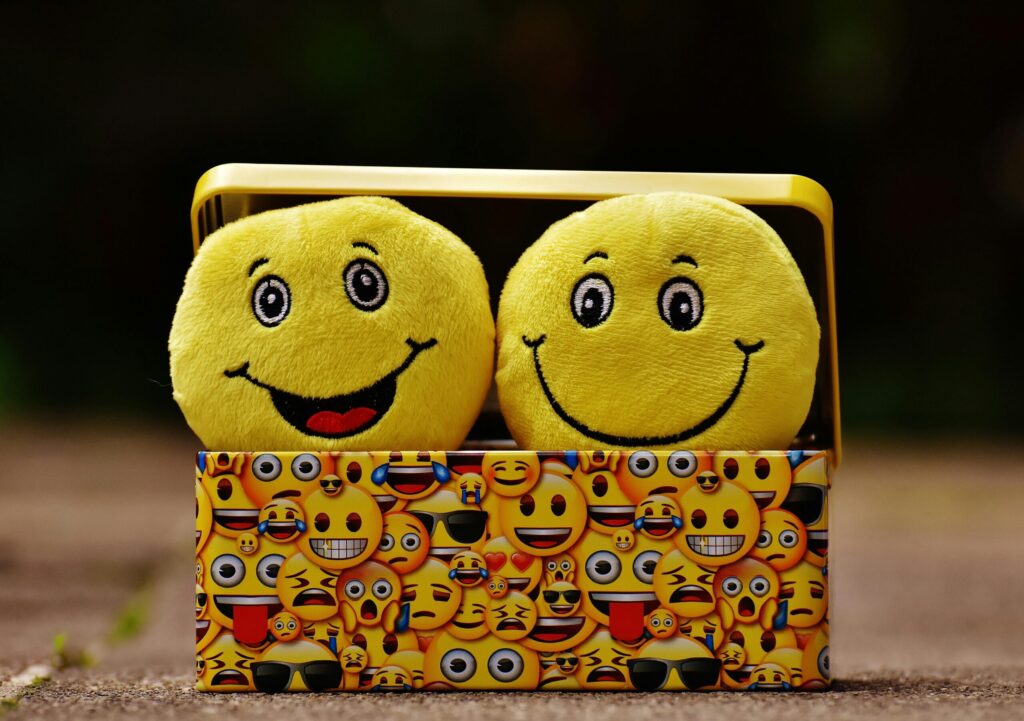Introduction to Basic Emotions
Understanding human behavior requires exploring the root of our emotional responses. The focus keyphrase basic emotions refers to the foundational feelings all humans experience, regardless of culture or background. These include joy, sadness, fear, anger, surprise, and disgust. Each emotion plays a vital role in guiding decisions, shaping relationships, and affecting mental health.
According to Psychology Today, emotions serve as an internal compass, alerting us to significant events and prompting us to react appropriately. Recognizing these emotional cues is the first step to mastering our behavior and interpersonal communication.
Joy: Fueling Positivity and Motivation
Joy, or happiness, significantly influences how we interact with the world. It boosts creativity, fosters social bonds, and motivates action. People experiencing joy are more likely to help others, solve problems effectively, and engage in rewarding activities.
This emotion strengthens resilience and is often associated with gratitude and contentment. As noted by Greater Good Magazine, cultivating joy can improve long-term emotional health. Simple acts like practicing gratitude or engaging in hobbies can elevate this emotion.
Sadness: Encouraging Reflection and Healing
Though often avoided, sadness is a necessary and healthy response to loss or disappointment. It prompts introspection, allowing individuals to process events and recover emotionally.
According to the American Psychological Association, acknowledging sadness rather than suppressing it leads to better emotional regulation. This emotion also fosters empathy and deeper human connections, especially in times of collective grief or personal hardship.
Fear: Protecting Us from Harm
Fear is a survival mechanism. It alerts us to danger and prepares the body for fight or flight. However, excessive or chronic fear can lead to anxiety disorders and limit daily functioning.
Recognizing and managing fear is key to maintaining emotional balance. Cognitive Behavioral Therapy (CBT), for instance, helps individuals address irrational fears and regain control. Learn more about fear management through Healthline.
Anger: Driving Change and Setting Boundaries
Anger, when managed well, can be constructive. It signals that a boundary has been crossed and often leads to action or necessary confrontation. People who harness anger appropriately are better equipped to advocate for themselves and correct injustices.
However, unregulated anger can damage relationships and lead to regretful actions. Resources like Verywell Mind offer techniques to control and express anger healthily.
Surprise: Enhancing Alertness and Learning
Surprise is a brief emotional response triggered by unexpected events. It heightens awareness and prepares the brain to absorb new information. Positive surprises, such as receiving unexpected praise, can enhance mood, while negative surprises push us to reevaluate situations.
In learning environments, surprise encourages curiosity and memory retention. As Scientific American reports, students retain more when lessons contain elements of unpredictability.
Disgust: Safeguarding Physical and Moral Health
Disgust evolved as a defense mechanism against toxins or harmful substances. Today, it also extends to moral judgment—people feel disgust when witnessing unethical behavior. This emotion influences social behavior and personal hygiene, helping us avoid danger and form ethical standards.
The Guardian explores how disgust has shaped human evolution and continues to influence daily decisions. From avoiding spoiled food to rejecting social taboos, disgust keeps us safe.
How Basic Emotions Shape Relationships
Each basic emotion plays a role in building or breaking social bonds. Joy and surprise nurture relationships, while sadness and anger test them. Emotions communicate our internal states, prompting empathy or defense from others.
Emotionally intelligent individuals understand their feelings and those of others. They use this knowledge to navigate conflict, express needs, and create stronger connections. Read more about emotional intelligence on Mind Tools.
Managing Emotions for Better Behavior
Mastering your emotions doesn’t mean suppressing them—it involves recognizing, accepting, and responding constructively. Techniques like mindfulness, journaling, and therapy can help.
Apps like Calm and Headspace offer guided meditations for emotional regulation. Internally, keeping a daily log of your feelings and triggers helps identify patterns and create actionable coping strategies.
For more on emotional self-awareness, check out our post on understanding emotional triggers at Heart to Heart Fix.
Conclusion: Why Understanding Emotions Matters
Basic emotions are not just fleeting feelings—they shape who we are, how we relate to others, and how we respond to life’s challenges. Developing emotional awareness equips us with tools for healthier relationships and more thoughtful decisions.
When we embrace every emotion—from joy to disgust—we become more compassionate, resilient, and connected to those around us.
You might also enjoy reading our article on What Is Love Bombing?

